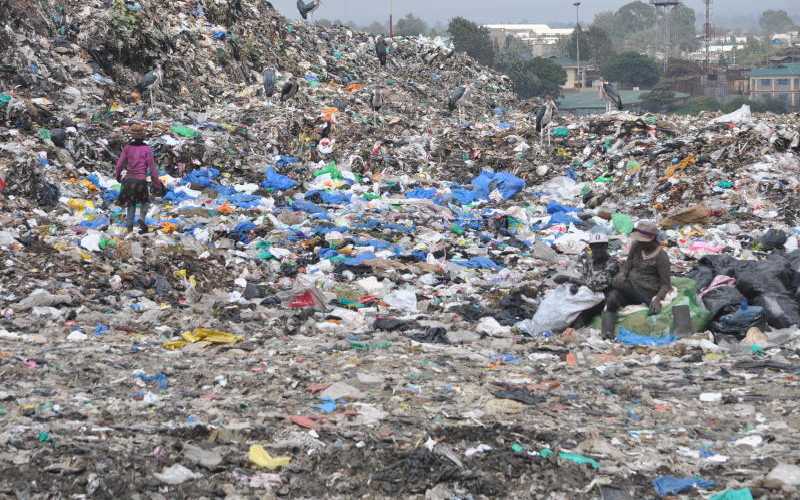×
The Standard e-Paper
Kenya’s Boldest Voice

A section of Dandora dumpsite in Nairobi.The county government is plans to extend the life of the dumpsite, as a short term solution to managing garbage in the city. [David Njaaga, Standard]
A court has ordered Kenya’s biggest dumpsite at Dandora closed within six months over pollution.